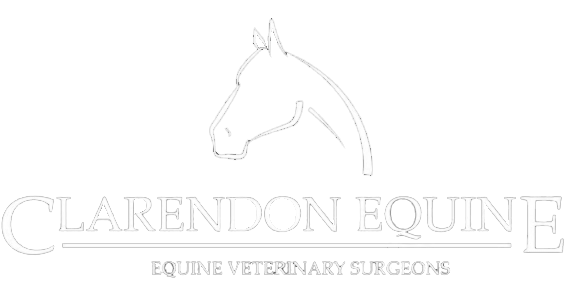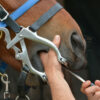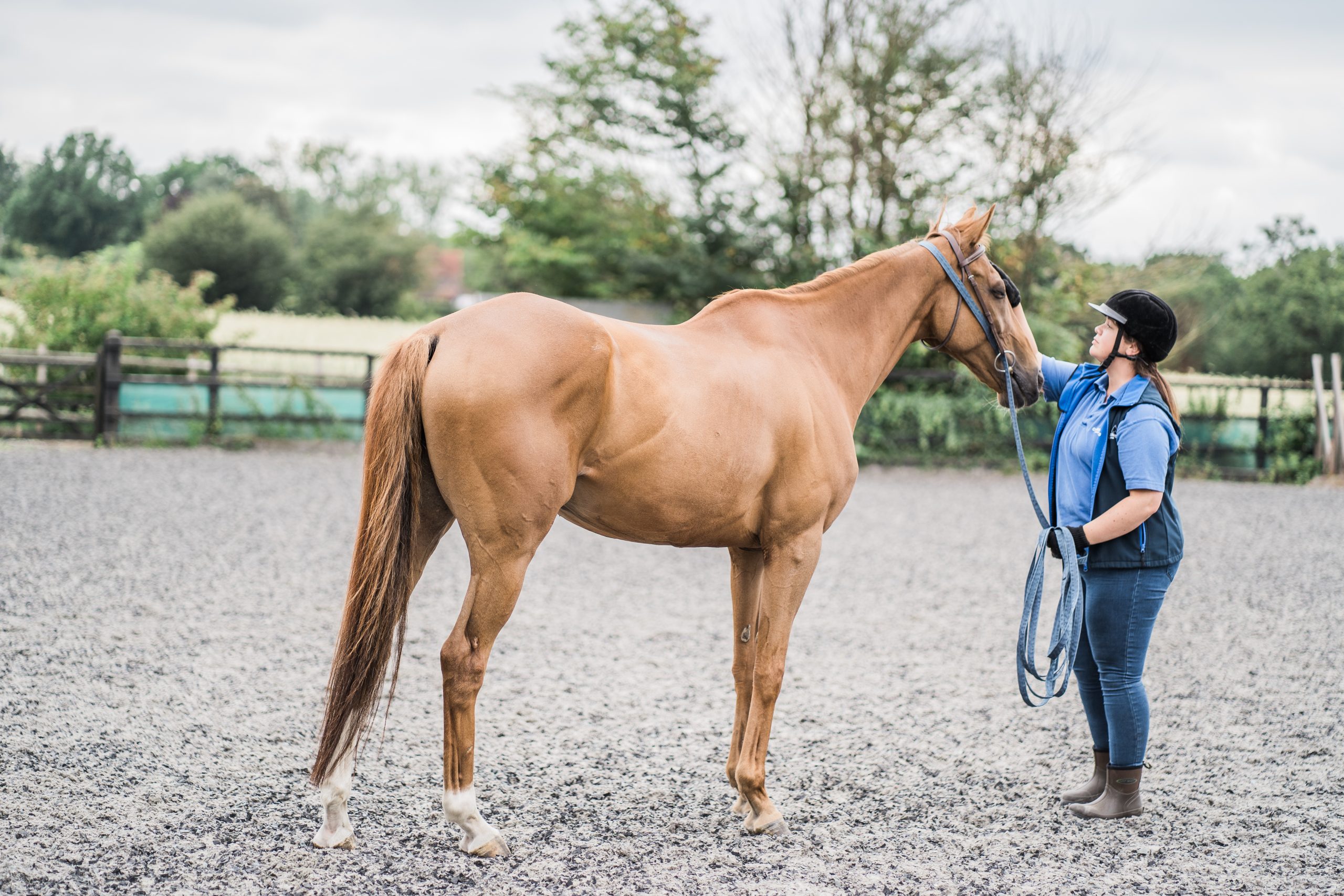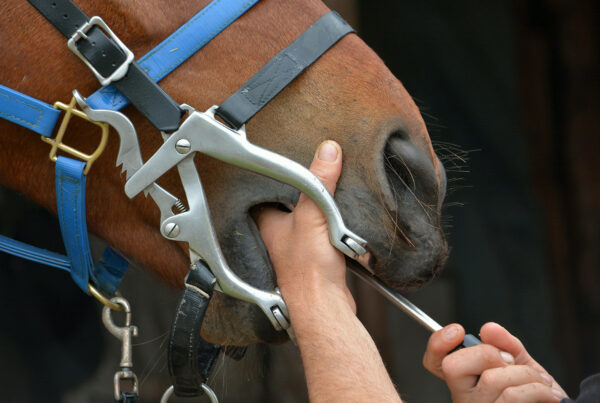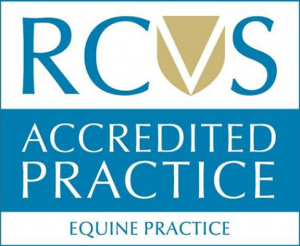Colic surgery, also known as Exploratory Celiotomy, is the name given to the process of operating an exploratory surgery in the abdomen of a horse. Generally, this surgery is performed to treat life-threatening intestine abnormalities that cause colic. However, exploratory celiotomy can also be performed to treat reproductive problems or injuries within the abdominal cavity. If you think your horse requires colic surgery, it is better to contact your nearest emergency equine vet.
The chances of a horse surviving colic surgery has significantly perked up within the past 35 years. Consequential growth is seen in this field. Development in anaesthetics, comprehensive training of surgeons and anaesthetists, as well as improvement in post-operative care has made the outcome of colic surgery better for horses.
Less than 10% of horses who suffer from colic issues require surgery to save their lives. Performing colic surgery is a significant job and involves a team of highly skilled surgeons, nurses, and anaesthetists. Severe colic can occur at any time; therefore, a team needs to be ready 24 hours a day and 365 days a year. This is the reason why colic surgeries are performed in very few equine emergency services.
Colic cases that require surgery are always a challenge for the surgeons as the surgery needs to be performed quickly. The horses need to be kept under anaesthesia for as short a time as possible. The hazards affiliated with anaesthesia are much more severe in horses than in humans or other animals. These hazards turn out to be more potent because of the release of harmful toxins from the horse’s intestine.
In most cases, it is impossible to understand the exact colic issue until the surgery is being performed and the intestine undergoes proper examination.
When the chances of the horse recovering from colic surgery is very low, surgeons suggest euthanasia so that the horse can be free from its pain because the intestine is too damaged.
Now that we have talked about colic surgery and its procedure, let us talk about the post-operative care and recovery from colic surgery; this will help you choose the right vets in Essex.
After a successful colic surgery, some horses make a quick and routine recovery and return to their homes within five days to a week. But for others, this recovery process can be a challenging ride full of ups and downs, needing several days of intensive medical care and intravenous fluids. In some worse cases, horses need to undergo repeat surgery.
The most common issues faced by the horses during the first few days after performing the colic surgery are:
- The effects of toxins released from the damaged intestine, also known as endotoxemia.
- Paralysed intestine, commonly known as ileus.
- Lasting pain in the abdomen.
Adhesions or scar tissues are also a major problem seen in horses after colic surgery, and these can quickly go undiagnosed. These scar tissues or adhesions tend to be the potential reason for causing colic issues in the first weeks or months following the surgery.
After colic surgery, the horses discharged from the hospital usually require several weeks of complete rest to heal the surgical opening on the abdomen
Exercise can be increased gradually by monitoring their recovery rate and condition, and the horses can return to their everyday life before colic issues within four to six months.
Today, around 80% of the horses that undergo colic surgery at experienced equine vets near you return home after successful surgery. Research shows that the result can be the same for horses of all ages.
The result of surgery for each horse will vary depending on the type and seriousness of the issue, and the death rates are higher within the first few days of surgery.
Various studies have shown that horses who suffer from severe endotoxic shock before the surgery have a low survival chance after the surgery. These horses usually have heavily damaged intestines that need to be removed and suffer from colic issues for hours. In addition to these, surgery of the intestine, ileus after surgery and repeat surgery of the abdomen are associated with the reduced survival chance of the horses.
There is no reason to stop the horses from returning to their previous jobs once they have completely recovered from the effects of surgery and the surgical opening on their abdomen has healed perfectly.
There are many instances when horses have gone to participate in international competitions after they have recovered from their colic surgery.
Studies have also shown that one of the most common problems that horses encounter after being discharged from the hospital is colic, so one or more colic episodes within the year after surgery are not uncommon. These episodes usually occur due to the formation of adhesion or scar tissue. In most cases, these episodes are minor and do not cause any further issues, but some cases may be more severe than before and require surgery or, worse, euthanasia.
Research to improve colic surgery and survival rates are being done continuously. Research is also being done to reduce the death rate following colic surgery. The most crucial factor is to give the horse the best chance of surviving life by letting it receive the proper and skilled treatment on time.
If you are looking for equine emergency services, then Clarendon Equine is your go-to place. We have one of the best collections of equine vets who are not only skilled at their job but put the health and satisfaction of your horse number one priority.
For more informational blog posts like these, do consider visiting our other blogs!
